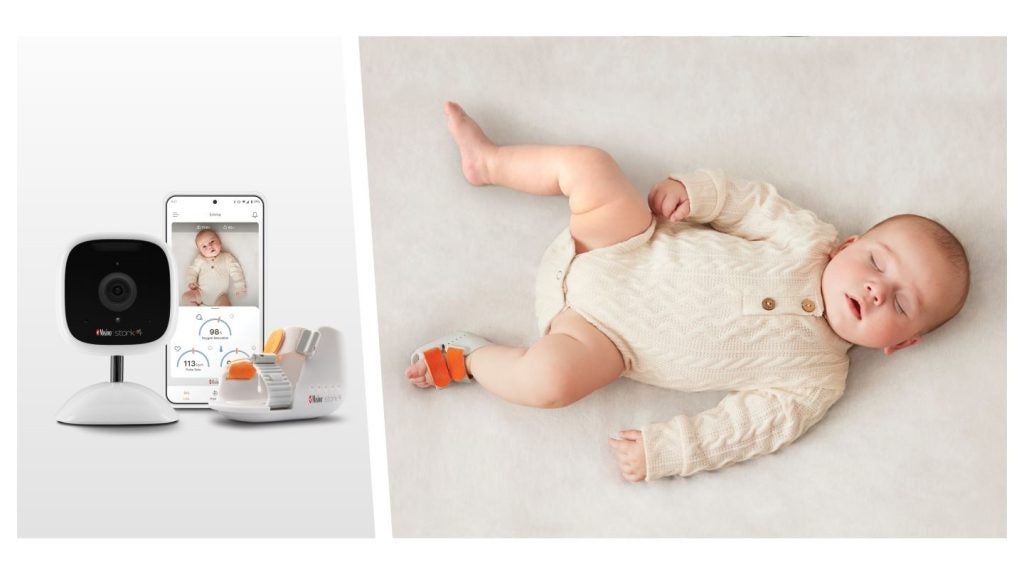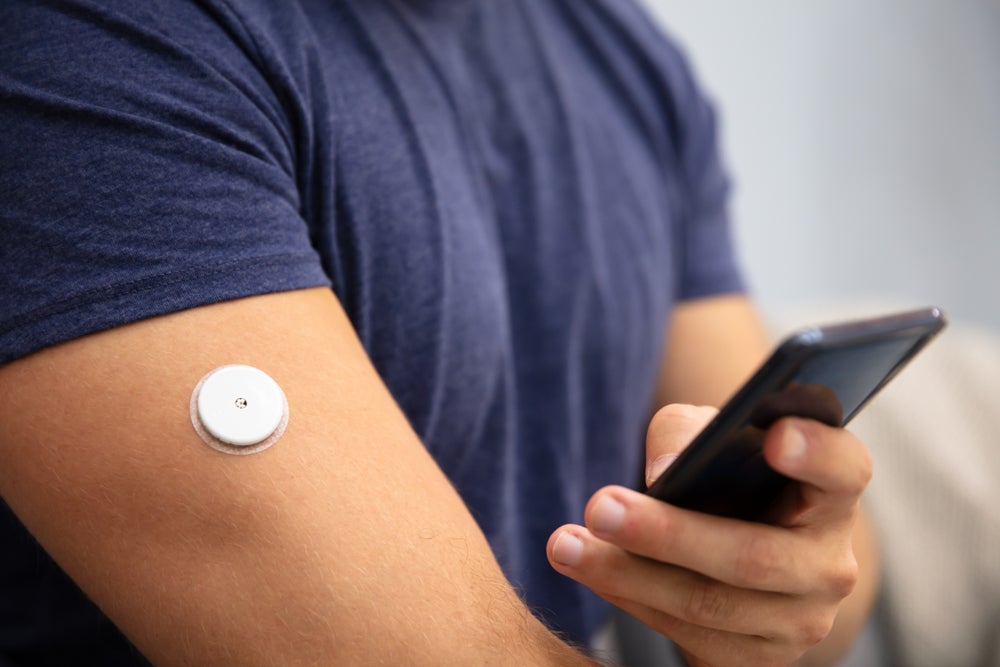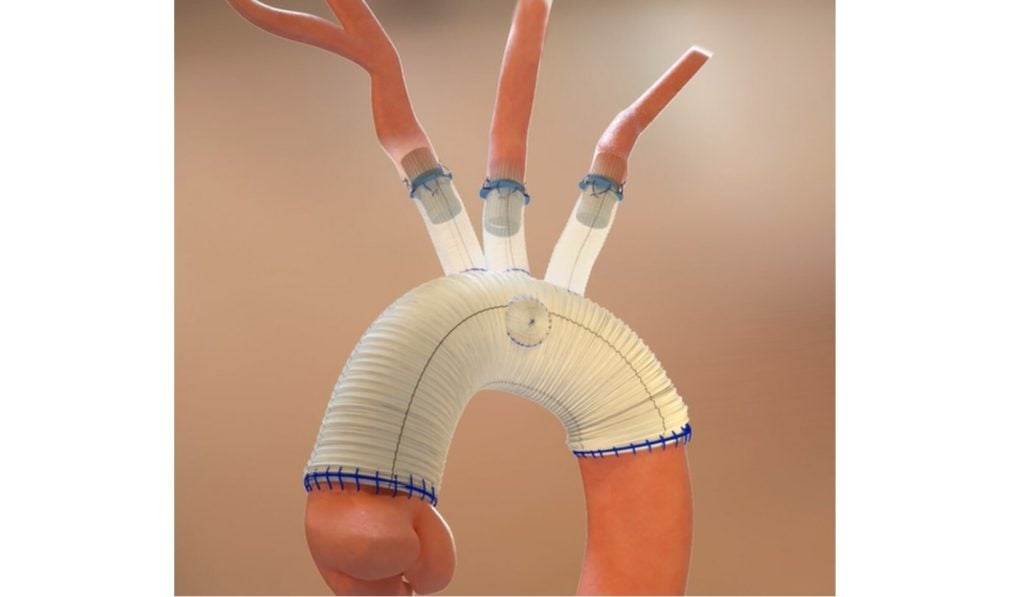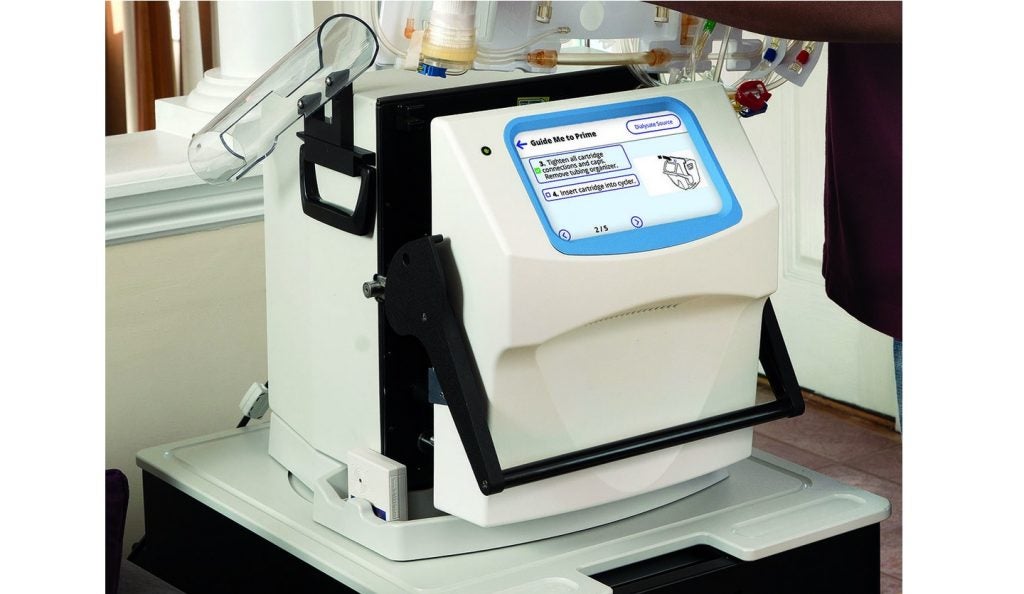After hours of discussion, an advisory panel of the US Food and Drug Administration (FDA) said that it could not recommend the premarket approval (PMA) application of Medtronic’s Simplicity Spyral renal denervation system.
Held on August 23, the advisory committee meeting came a day after the panel positively supported ReCor Medical’s Paradise Ultrasound Renal Denervation System.
The FDA’s Circulatory System Devices Panel, which does not directly approve or reject a device but makes recommendations based on questions posed by the agency, deliberated on the safety, efficacy, and benefit/risk ratio of Medtronic’s system for treating patients with resistant hypertension.
The panel was unanimous on the safety of the Simplicity Spyral system, with all 13 members saying that the device is safe to use in indicated patients.
The panel was at odds when it came to efficacy, with much of the discussion centred around the SPYRAL HTN-ON MED – the second of Medtronic’s clinical trials – that missed its primary endpoint. Efficacy concerns were saved by positive data from the SPYRAL HTN-OFF MED, with the panel voting in favour of the device’s effective use in patients (7-6).
Concerns about the magnitude of effectiveness came to a head when the panel voted on the final question of whether the benefits of the system outweigh the risks. Voting was split down the middle (six-six and one abstention), with chair Richard Lange tipping it six-seven with a deciding vote in the event of a tie. The day before, ReCor’s device received benefit/risk ratio votes of ten-two in favour of the technology.
When discussing the votes, members who did not back the technology said they were not convinced about efficacy data – pointing particularly to the negative SPYRAL HTN-ON MED trial. While others said that changes to the indication to only the most severe resistant hypertension might change the result, they added that there was still too much uncertainty at this point to recommend the device.
St Luke’s Hospital of Kansas's surgical research director Keith Allen, who voted yes to safety but no on efficacy and benefit/risk, said: “I think whilst this is a very safe procedure, the efficacy was mild at best…we still have to think of the overall healthcare burden of particularly devices that are going to be used in patients.”
Cleveland Clinic professor of medicine Randall Starling backed the system on all three questions and said: “The unmet need and the fact that hypertension is not effectively treated with current tools and more tools are needed to treat blood pressure.”
Matthew Corriere, professor of cardiovascular surgery at the University of Michigan, voted yes on safety and efficacy but abstained on benefit/risk, said: “I do think there is potential benefit for this device, the question is we don’t know which patients are most likely to have a benefit that outweighs the risk.
"I do think that more selective labelling in indications for the product in more severe instances of hypertension, not things like one drug hypertension, would potentially tip that balance more in favour of the benefit outweighing the risk.”
This isn’t the end of the road for Medtronic’s system. For starters, the FDA does not need to follow the recommendations of the panel, though the votes do carry considerable weight. In addition, the company said in a statement that it will continue talks with the FDA to bring the system to market.
Medtronic’s SVP and coronary and renal denervation president Jason Weidman “We appreciate the robust conversation that occurred prior to the vote.
“We will continue to collaborate with the FDA on bringing a new option to the millions of people living with high blood pressure."
















